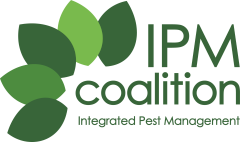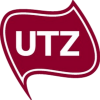Profile
Vision
A world where sustainable farming is the norm is a world where: farmers implement good agricultural practices and manage their farms profitably with respect for people and planet; industry invests in and rewards sustainable production, and consumers can enjoy and trust the products they buy.
Better farming. Better future
UTZ is committed to creating a better, more sustainable world. We are now the largest program for coffee and cocoa and have certification schemes in other commodities including (herbal) tea, rooibos and hazelnuts. The UTZ certified label features on over 20,000 different products across 135 countries. Companies such as Ikea, Jacobs Douwe Egberts, Lavazza, Tchibo and many others have already recognized that, by sourcing UTZ certified products, they can build the trust of their customers while supporting a better world.
Rationale
UTZ strategy
Sustainable production cannot come at the expense of the health of people or the environment. We contribute to sustainable pest management in several ways. Our Code of Conduct sets out strict requirements for certified farms, and at the same time we work in partnership with others in the sector to contribute to systemic change.
Pest management on UTZ certified farms
Pesticide use is minimized through Integrated Pest Management
UTZ requires that farmers follow a system of Integrated Pest Management (IPM). IPM combines different management strategies and practices to grow healthy crops and minimize the use of pesticides. Farmers must prioritize prevention, followed by non-chemical control, and using chemical control only as a last resort:
Prevention
The first line of defense against pests and diseases should be prevention. A healthy crop is less likely to get infected by a disease or attacked by insects. Therefore, measures are needed to guarantee good conditions for the crop development. For example, pruning and weeding to optimize nutrient and water uptake.
Non-chemical control
If pest control is needed, the first step should be using non-chemical control methods. This includes:
- Cultural methods: practices to make the environment less favorable for pest e.g. shade regulation, cover crops;
- Mechanical methods: direct removal or killing of pests
- Biological methods: e.g. the use of natural enemies of pests and diseases.
Chemical control
Chemical controls should only be used if cultural, mechanical and/or biological controls have been applied and pests or diseases still reach threshold levels. In the case that pesticides are used, there are extensive requirements that regulate their use to ensure protection of people and the planet.

